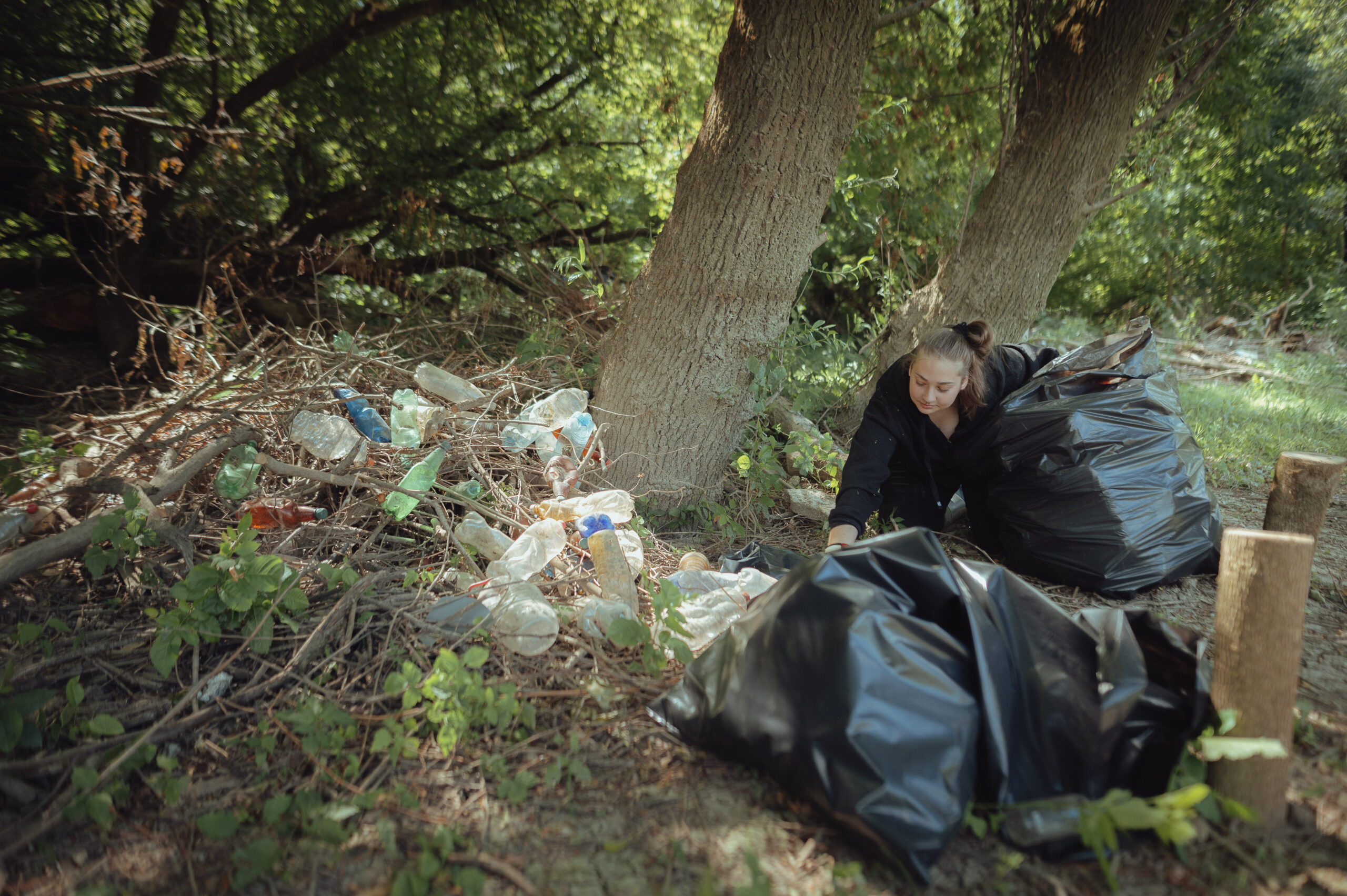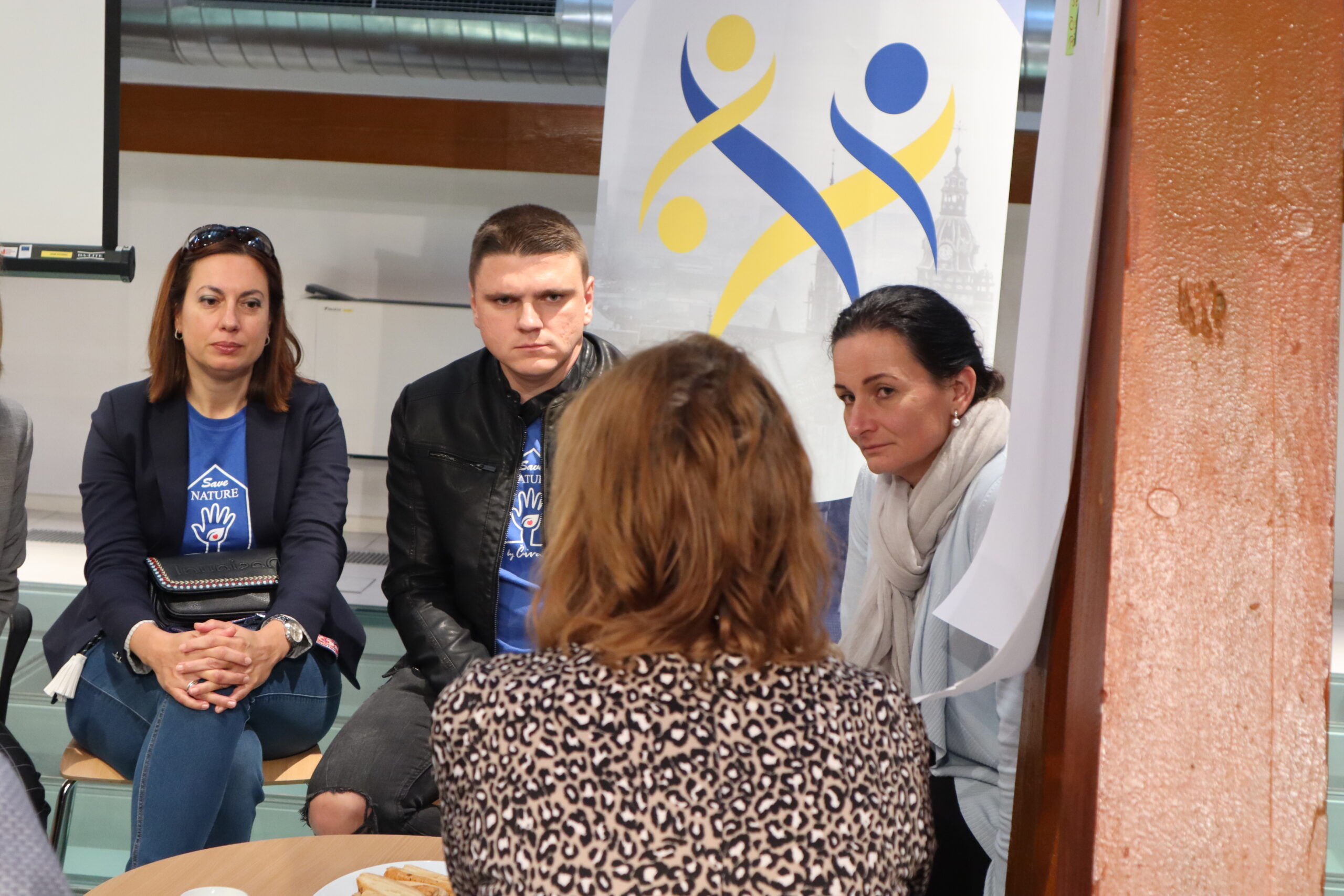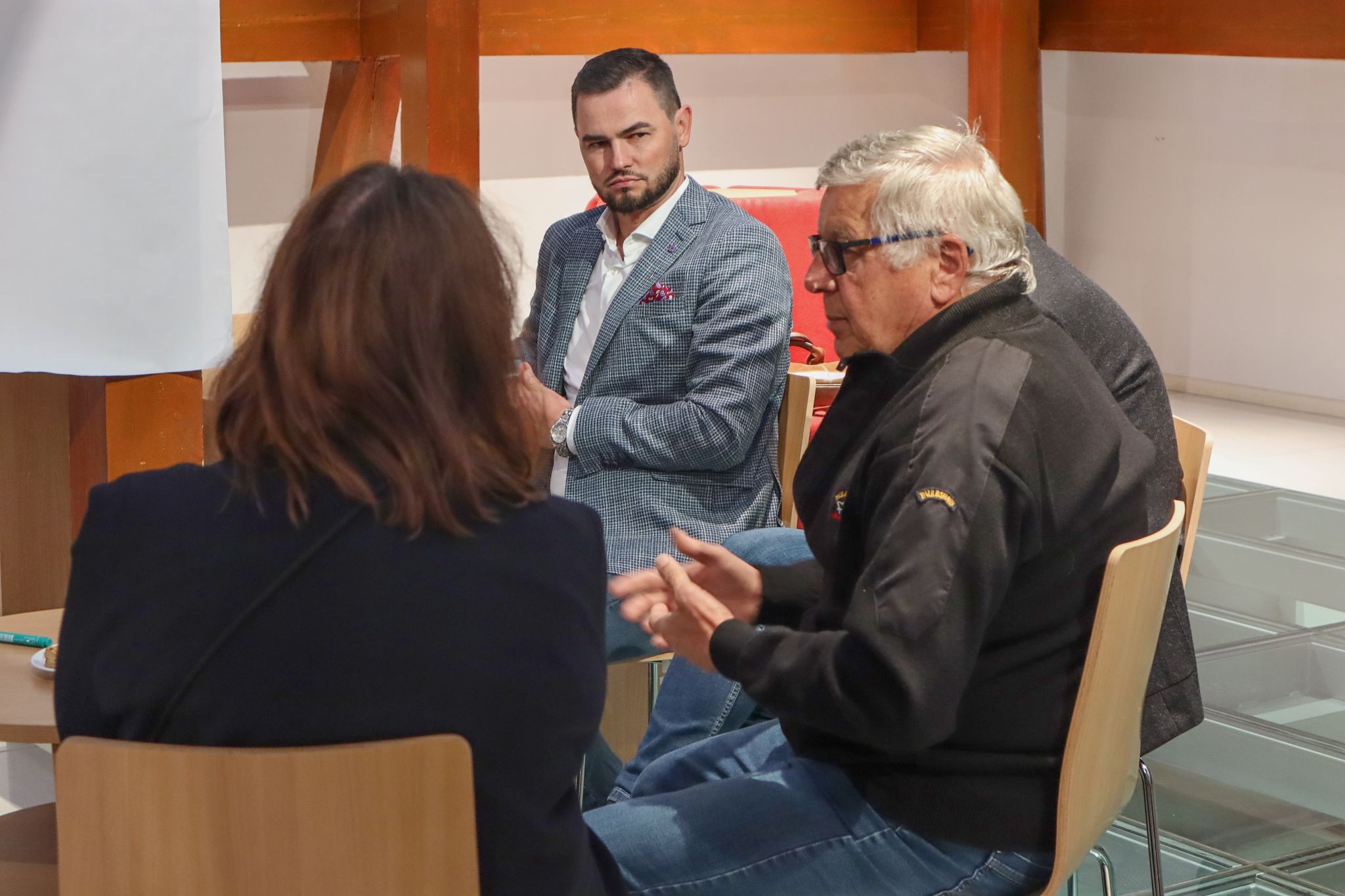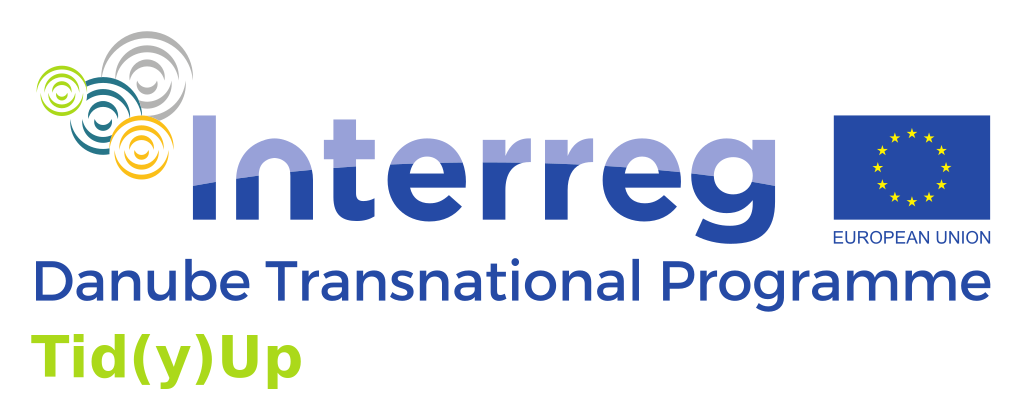The purchase of stored PET bottles and cans has been a reality in Slovakia for 10 months now. This step by the Ministry of the Environment appears to be one of the most effective tools for reducing the occurrence of plastic waste in nature. Half a year after the introduction of returnable bottles and cans, 440 million pieces of plastic packaging were handed over for recycling.
The non-governmental organization Save Nature by Čivas, which deals with waste cleaning sees fewer plastic bottles in nature, but there are still a lot of garbage heaps in forests and river basins. Evidence is also provided by the landfill near the village of Byšta, which, according to the dates on the packaging, is around 17 years old.
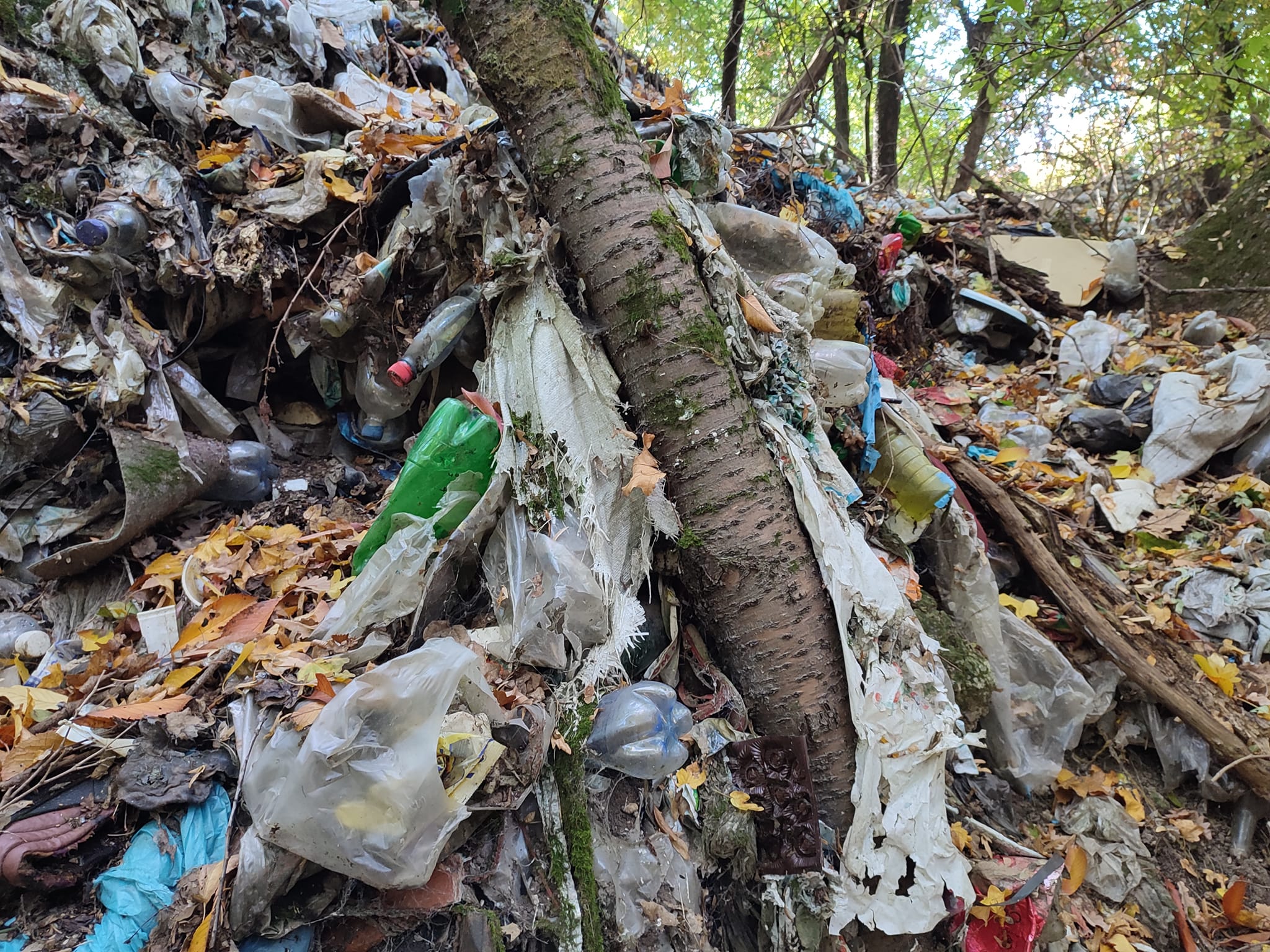
Source: Save Nature by Čivas – Facebook
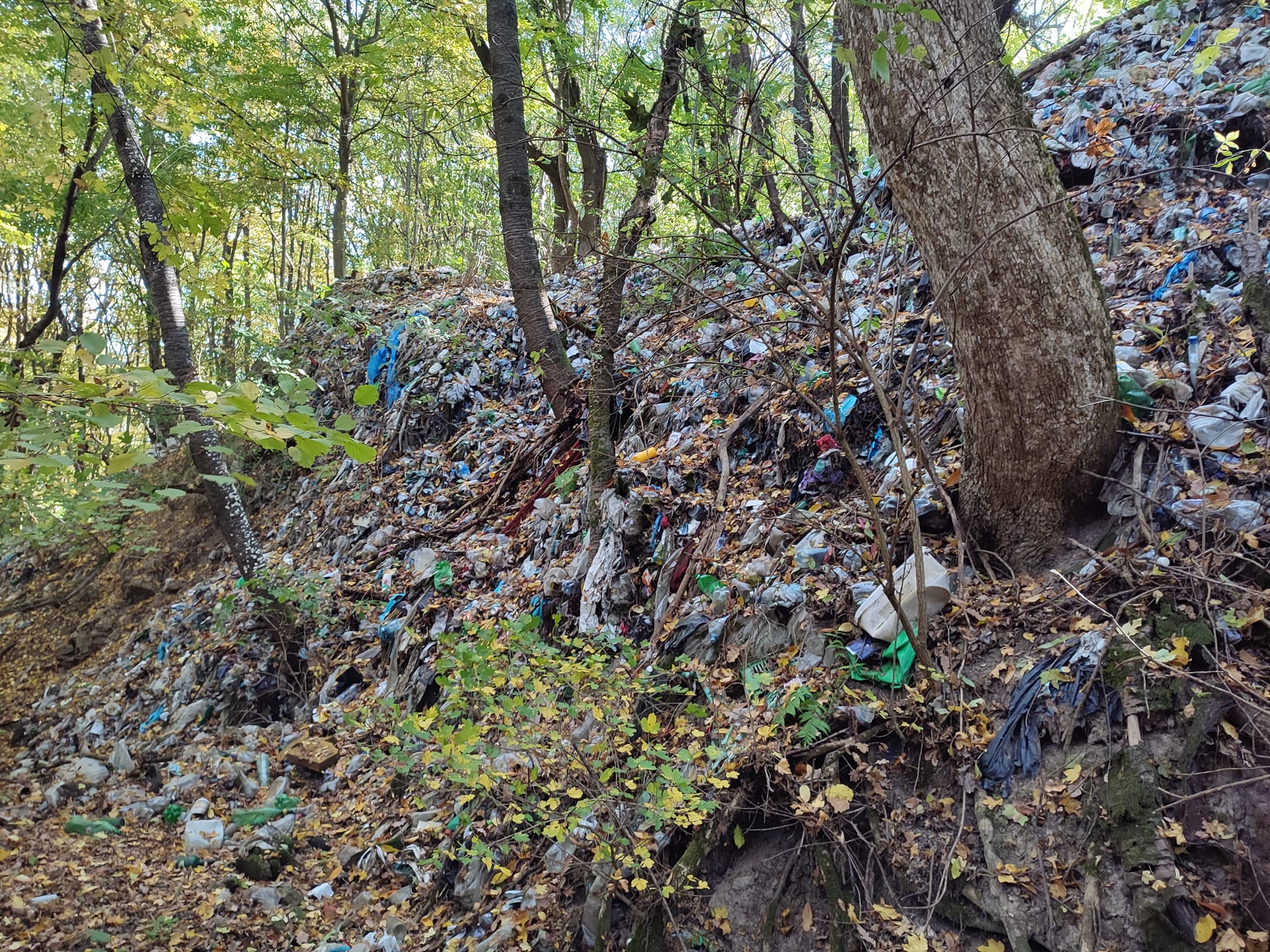
Is cleaning nature useless?
Waste clean-up in nature might seem like a useless process – one day nature is clean, and the next day or week a garbage dump can appear again in the same location. However, the invited representatives of organizations, institutions, and municipalities agreed during the round table discussion that it is necessary to carry out cleaning in nature. The reason is to prevent contamination of groundwater and soil, and also, among other things, the environment is more attractive for tourism.
Solutions for performing cleaning could be:
How to minimize the amount of waste?
In general: it is necessary to prevent waste generation, use circular economy, carry out “yard sales”, reduce consumption, each person should buy less things, support recycling projects more, make collection yards available outside the district / residence. Problem is unsettled land where illegal waste is exported (the owner is not aware of negative effects of waste on nature) and also the lack of qualification of the waste officers at the municipalities.
In nature: there is no functional waste management system, it is necessary to install technical solutions such as nets and walls for capturing waste in the water bodies. Insufficient numbers of people for environmental issues, insufficient capacity for processing green waste, lack of landfilling and processing of hazardous waste (asbestos) were identified. And what should be the motivations for cleanings? Repression? What kind? Cleaning in marginalized communities should be done by employment offices with the local unemployed.
Awareness raising
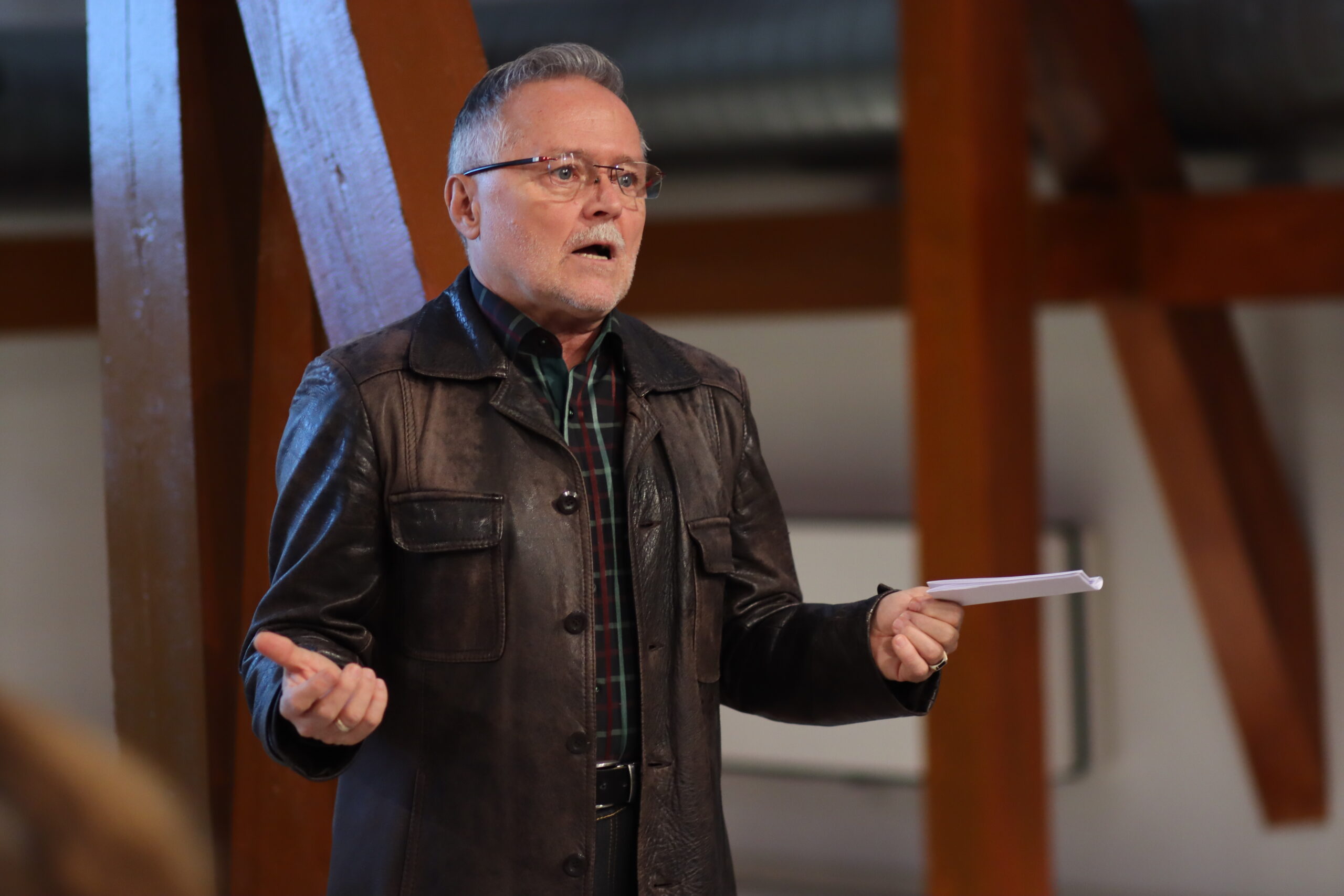
Peter Gallovič presented the topic of Waste management in Slovakia
Raising the awareness of children at schools by separating the waste at schools and explaining (also to the public) that waste does not belong in nature but in the bin. The instructions for separation and the need to use waste as a raw material must be visible in every municipality – in kindergartens, schools, bus stations, on the buses, on the municipality’s website.
Social workers in Roma settlements should work personally and daily with Roma people and explain to them the situation with waste and the fact that waste does not belong in nature, as it is a big problem in many areas of the Eastern Slovakia.
The National Round Table is an event within the Tid(y)Up project, focused on waste, waste in nature and its minimization.
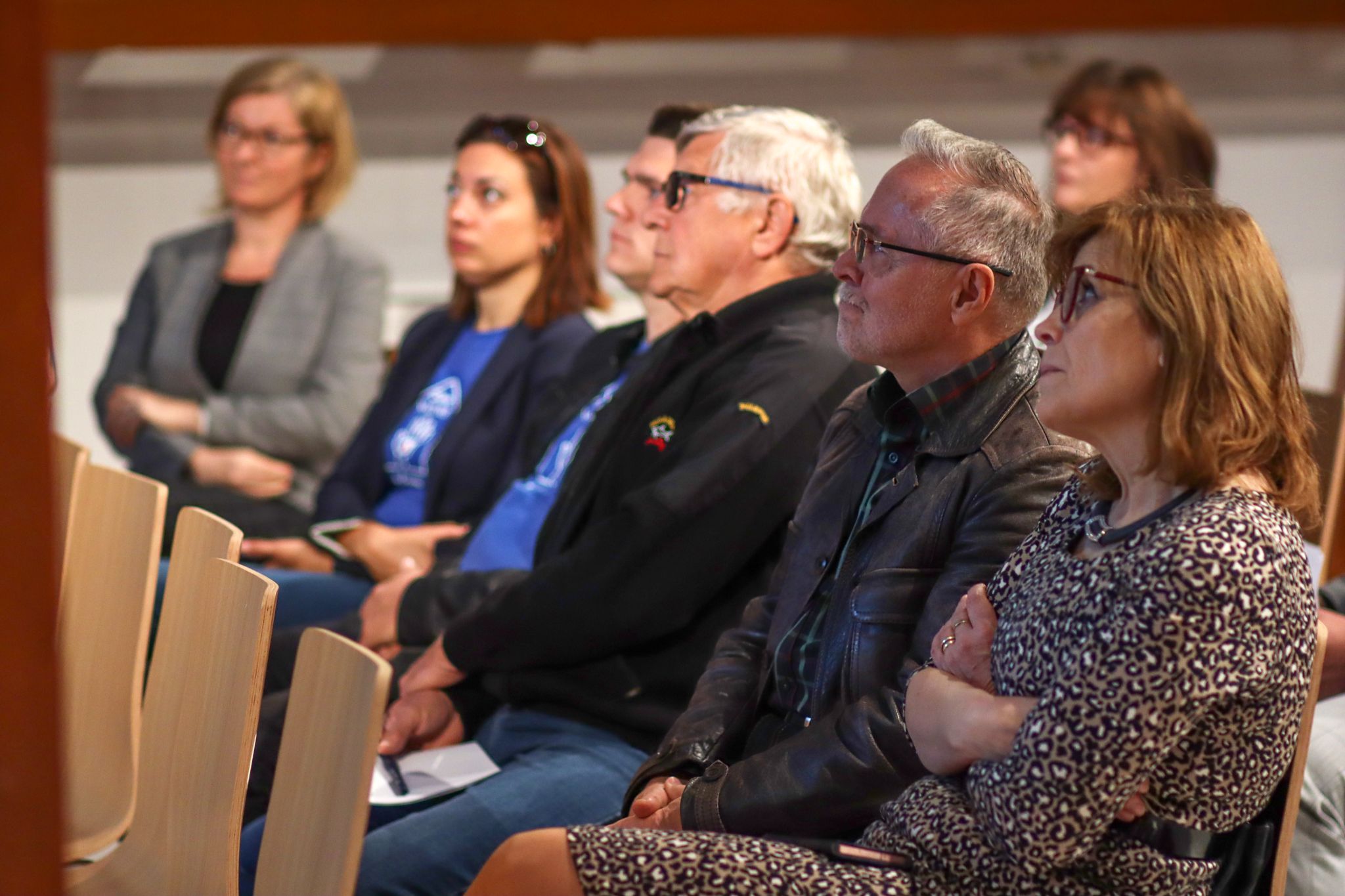
The Tid(y)Up project is an international environmental project led by the main partner from Hungary, where, in cooperation with other foreign partners, we try to reduce water pollution by plastics and in this way improve the water quality in the Tisa River (the Bodrog River is its tributary) and the lower section of the river Danube.
#dtptidyup #interregtidyup


